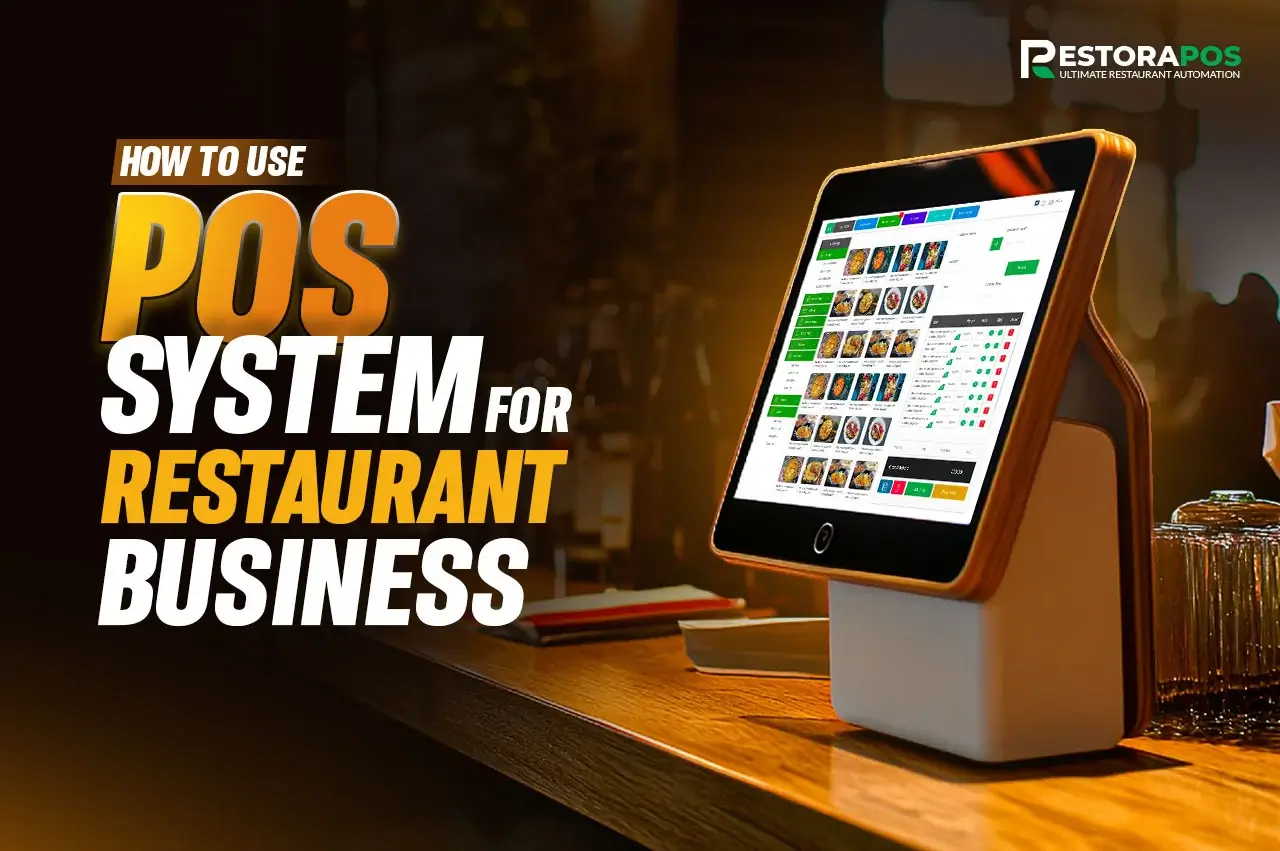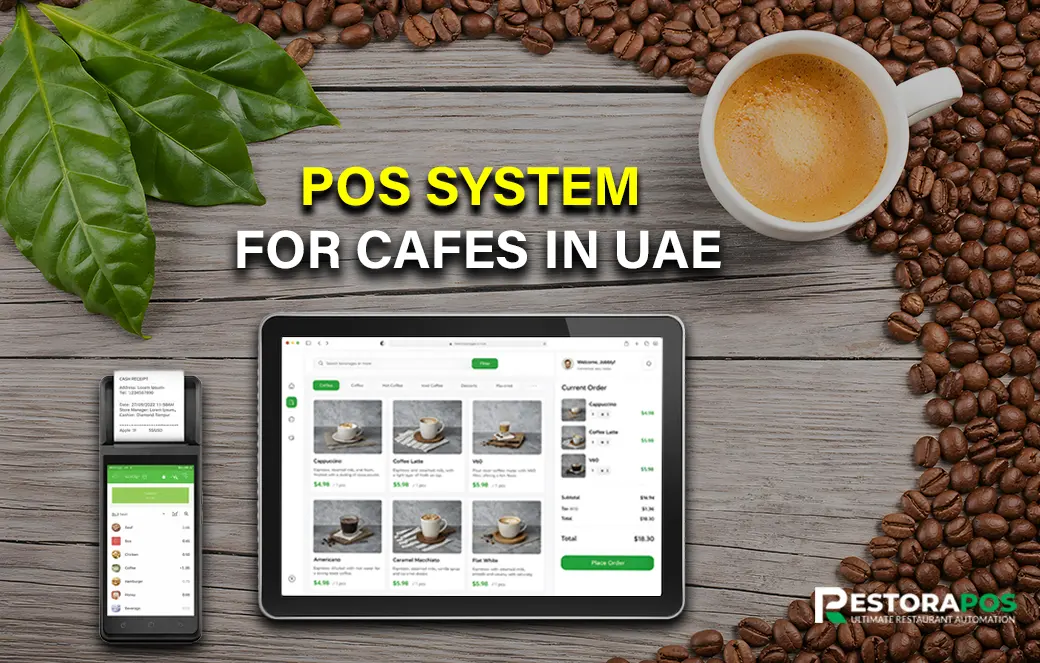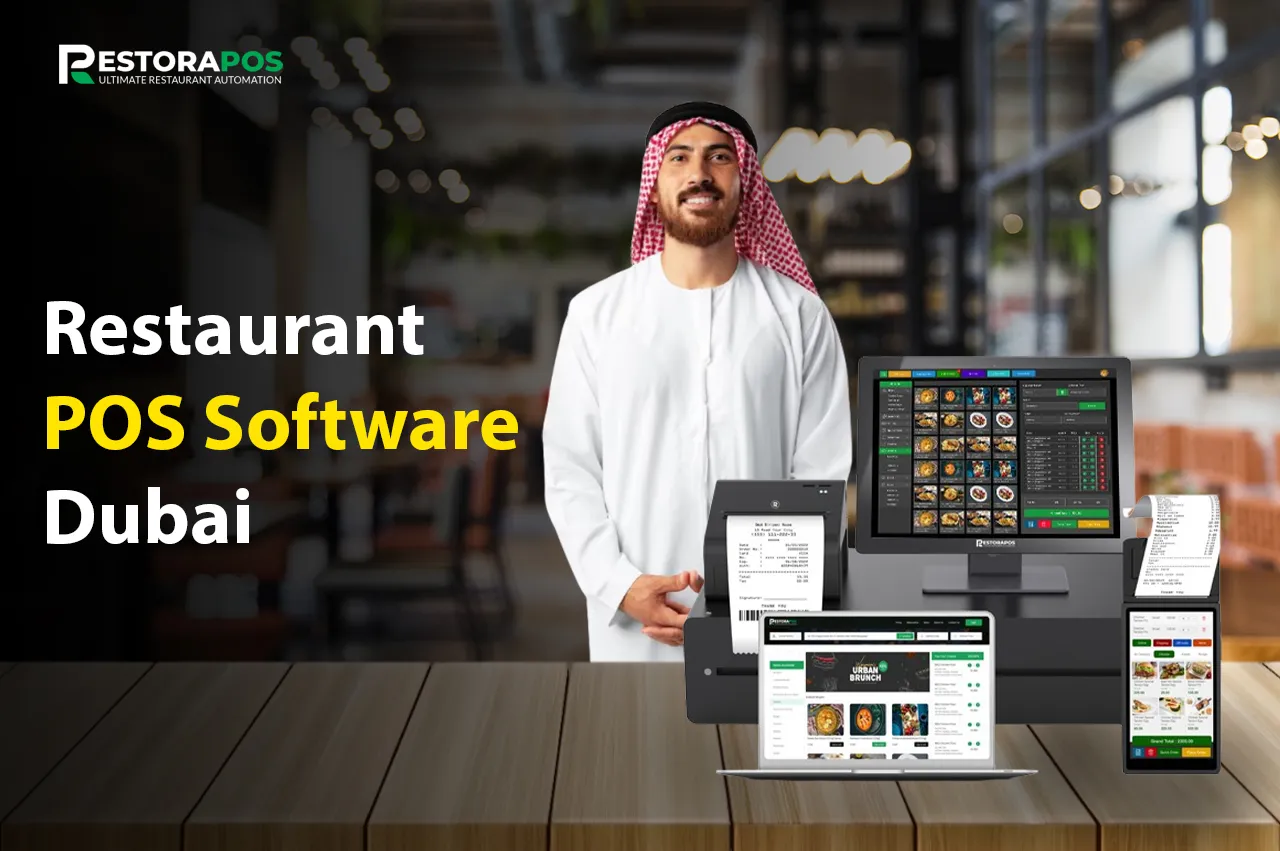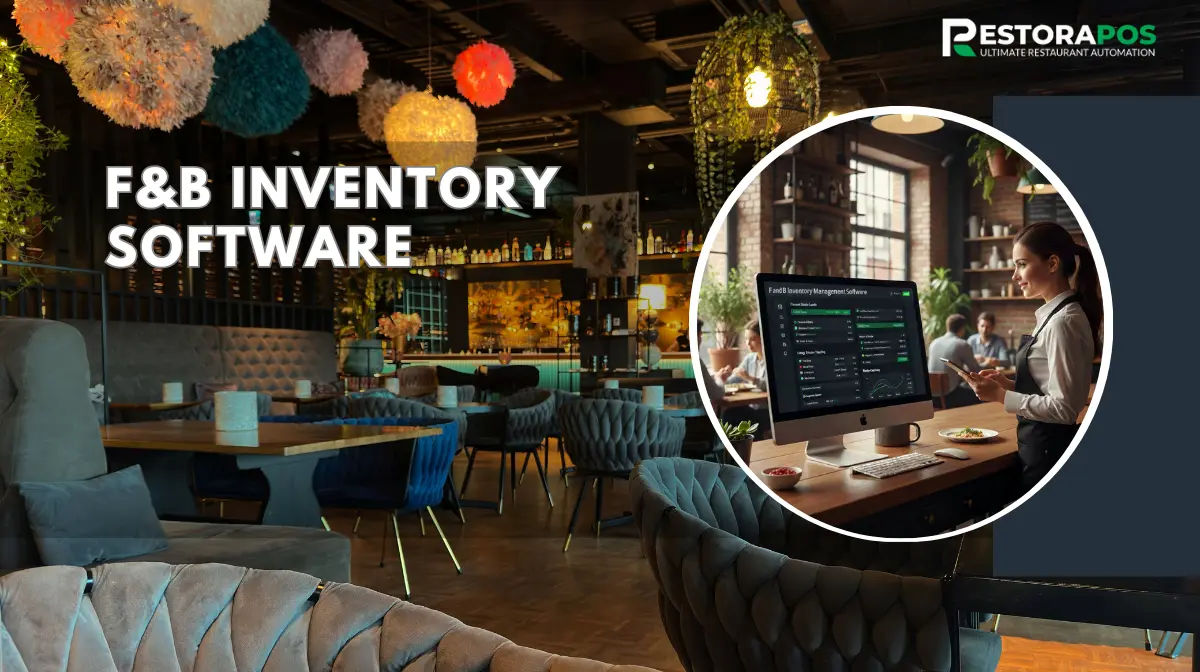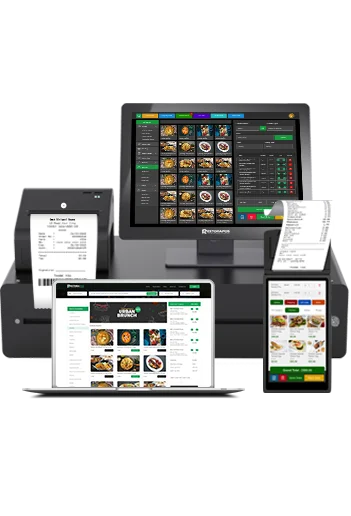Build Multi-Location Restaurant POS Systems with PHP

Modern restaurants require a point-of-sale system to streamline operations and prevent revenue losses. Implementing a POS system ensures these businesses take and track orders smoothly. It helps process transactions, data, tables, and customer service management.
PHP programming language helps create dynamic and highly secure pages. It creates POS systems for managing and scaling restaurants with several branches. This language builds secure POS systems that help restaurants manage workflows. Its scaling capabilities lead to happy clients and more revenue.

Image credit: Freepik
What are Restaurant Point of Sale Systems?
Restaurants process thousands of orders and tons of fresh produce from suppliers. They hire hundreds of workers who receive hourly pay daily. The hardest thing managers and workers would experience is managing orders. They struggle to manage inventory and make payments manually. It could lead to errors, complaints, and a lack of stock to help the business remain open. Restaurant point of sale systems manage these daily activities through automation. Work teams use this restaurant POS software to take orders and calculate bills. Restaurants with many branches use the system to manage stock and enhance operations. A robust password manager built into the system helps enforce strong password policies and simplifies credential management across locations.
PHP language is widely used to develop secure applications such as email platforms. It designs social media apps and restaurant POS systems. Custom PHP development services develop tailored web apps. The platform develops e-commerce sites for different business sectors. Managers should consult a PHP development company for details of their development needs. PHP web development services design interactive and dynamic websites. Clients partner with a PHP web development company to get the best solution. Work with a PHP development company that provides service diversity and quality.
Why Managers require PHP Restaurant POS Integration
A restaurant POS integration is the solution modern food businesses require. It helps them provide uninterrupted services. A restaurant POS software built with PHP integrates with many systems. Examples are remote storage servers, cloud solutions, and booking frameworks. PHP development is a viable solution for food businesses. It is best used for managing many branches because of its multi-database compatibility.
This programming language does not cost money which helps save revenue. It provides a large library of frameworks letting developers launch software faster. Developing with PHP ensures you don’t work alone in the SDLC. You enjoy support from a large online team.

Image credit: Freepik
PHP Security Capabilities in Building Safe POS System Restaurant
A PHP POS restaurant system is considered one of the safest frameworks. The programming language provides outstanding features and frameworks. Restaurant POS systems that are not secure could lead to dissatisfied customers. It could cause huge revenue leaks and business losses. PHP comes with many integrated cybersecurity tools that boost online safety. It protects your restaurant POS software and data.
- Integration with safe payment systems. PHP features allow seamless restaurant POS software integration. You can integrate it with many secure payment systems. It is built with PCI DSS benchmarks in mind and encrypts all transactions.
- SSL encryption. PHP uses SSL encryption to secure communication between your branches. It encrypts data movements and stored data protecting it from theft.
- Secure authorization. Restaurant POS systems are designed with secure authorization features. It provides further protection through various authentication measures.
- Online security. POS systems validate data inputs to prevent generating vulnerable information. It scans online systems to ensure safety from malware injections and script attacks.
How Restaurant Point of Sale Systems Empower Scaling
Scaling restaurant businesses happens due to enhanced efficiency and productivity. This leads to awareness and customer overflow. At such a point, managers plan on renting more space and adding inventory. They hire more attendants and open more branches. Restaurant point of sale systems power this process and handle the overflow.
Centralized management
Management teams do not require managing each branch as a single entity. This makes the work tiresome. They connect the branches into a centralized platform through the restaurant POS software. This allows managers to view inventory across all the branches. They manage payments and orders from a unified place. Managers use the system to view the branches experiencing overwhelming business. This helps them decide whether to transfer workers to offer support.
Automation
Busy restaurants manage thousands of orders and dozens of inventories. It is impossible to handle these through manual entries. POS systems and AI technology automate the workflows including payroll management. The system saves many hours and avoids data entry errors.
Workers become more productive focusing their energies on client satisfaction. Automation is the solution for boosting efficiency by eliminating errors and stress. The process saves many hours spent on manual entries.
Multi-technology integrations
POS systems in PHP language are easy to integrate with dozens of technologies. Managers can integrate the system with printers, scanners, AI, and mobile apps. The system can also integrate with various APIs and front-end applications. This enhances customer experience and restraint management. Examples are AWS, Laravel, React, AI, Redis, PostgreSQL, and MySQL.
Connecting PHP POS systems with Microservices and Cloud Frameworks
Monolithic frameworks are vulnerable to many breaches and are hard to maintain. They cannot be scaled or developed with ease. These applications cannot effectively support multi-branch restaurants. They may cause frustration to workers and customers. Microservices work in isolated environments making them easy to manage, scale, and boost security.
Modern technologies allow restaurants to use PHP frameworks to build solutions. It builds microservices-based POS instead of monolithic. They separate each component such as order management, inventory, and database. This approach boosts POS system security and scaling capabilities.
Cloud systems help restaurant chain businesses manage data from a centralized place. This system allows syncing information to view data generated from each branch. Cloud services also help manage multiple tenants ensuring rent and bills are paid. These services are designed to boost security and trust around the system. They allow managers to connect to the restaurant system from multiple devices.
Conclusion
PHP POS software is important for boosting restaurant security and scaling operations. The system is designed for managing multiple branches. PHP language contains strong built-in features that help build secure systems. It offers high scalability and flexibility power. POS system automates processes that streamline payment orders. It helps manage data, inventory, and security within the system. The system enjoys wide support from the experienced community and is affordable. It contains dozens of building frameworks and integrates smoothly with other technologies.
